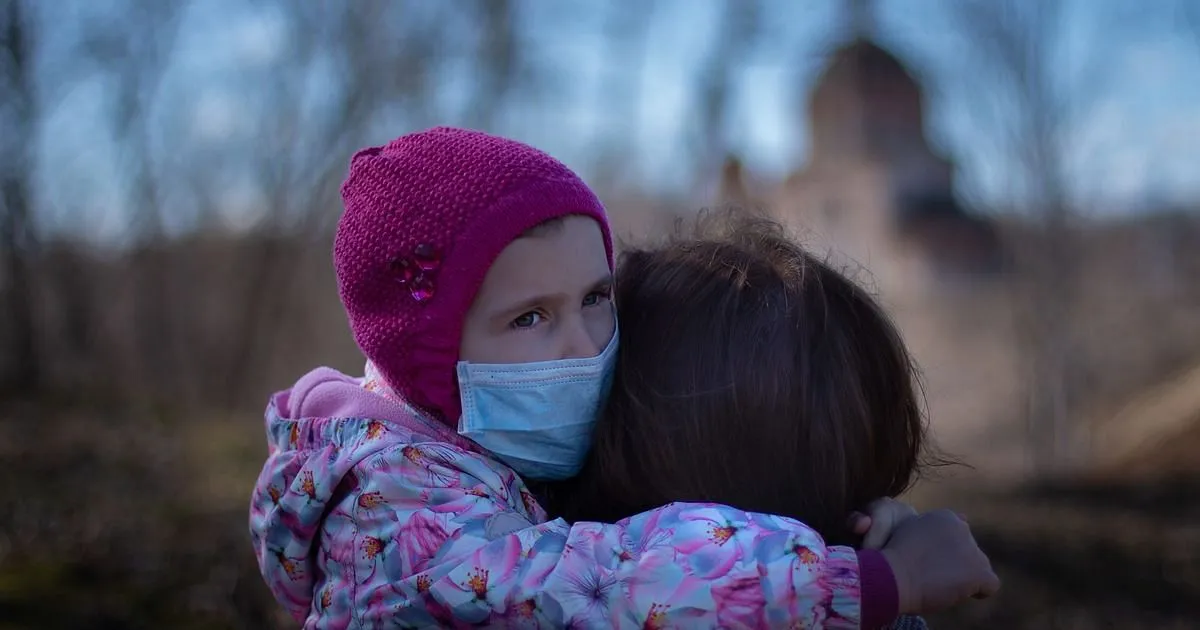By the time his parents rushed him to the hospital, 11-year-old Pablo was barely eating and had stopped drinking entirely. Weakened by months of self-privation, his heart had slowed to a crawl and his kidneys were faltering.
Medics injected him with fluids and fed him through a tube — first steps toward stitching together yet another child coming apart amid the tumult of the coronavirus crisis.
For doctors who treat them, the pandemic’s impact on the mental health of children is increasingly alarming.
The Paris pediatric hospital caring for Pablo has seen a doubling in the number of children and young teenagers requiring treatment after attempted suicides since September.
Doctors elsewhere report similar surges, with children — some as young as 8 — deliberately running into traffic, overdosing on pills and otherwise self-harming.
In Japan, child and adolescent suicides hit record levels in 2020, according to the Education Ministry.
Pediatric psychiatrists say they’re also seeing children with coronavirus-related phobias, tics and eating disorders, obsessing about infection, scrubbing their hands raw, covering their bodies with disinfectant gel and terrified of getting sick from food.
Also increasingly common, doctors say, are children suffering panic attacks, heart palpitations and other symptoms of mental anguish, as well as chronic addictions to mobile devices and computer screens that have become their sitters, teachers and entertainers during lockdowns, curfews and school closures.
“There is no prototype for the child experiencing difficulties,” said Dr. Richard Delorme, who heads the psychiatric unit treating Pablo at the giant Robert Debré pediatric hospital, the busiest in France. “This concerns all of us.” Pablo’s father, Jerome, is still trying to understand why his son gradually fell sick with a chronic eating disorder as the pandemic took hold, slowly starving himself until the only foods he would eat were small quantities of rice, tuna and cherry tomatoes.
Jerome suspects that disruptions last year to Pablo’s routines may have contributed to his illness. Because France was locked down, the boy had no in-school classes for months and couldn’t say goodbye to his friends and teacher at the end of the school year. Sometimes, other factors pile on misery beyond the burden of the 2.6 million COVID-19 victims who have died in the world’s worst health crisis in a century.
Pablo’s psychiatrist at the hospital, Dr. Coline Stordeur, says some of her other young patients with eating disorders, mostly aged 8 to 12, told her they began obsessing in lockdown about gaining weight because they couldn’t stay active. One boy compensated by running laps in his parents’ basement for hours each day, losing weight so precipitously that he had to be hospitalised. Others told her they gradually restricted their diet: “No more sugar, then no more fat, and eventually no more of anything,” she said. Dr David Greenhorn said the emergency department at the Bradford Royal Infirmary where he works in northern England used to treat one or two children per week for mental health emergencies, including suicide attempts. The average now is closer to one or two per day, sometimes involving children as young as 8, he said.






